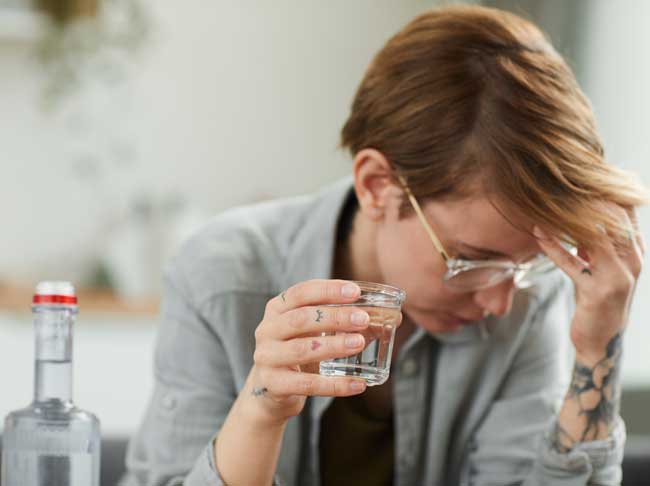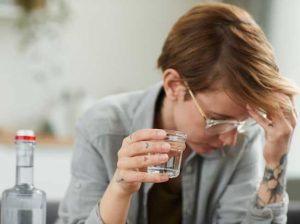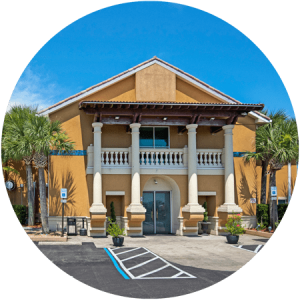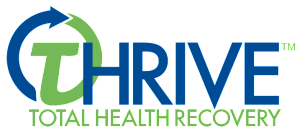Substance abuse can sometimes be an attempt to self-medicate anxiety or depression.

That question might be hard to answer. According to the Anxiety and Depression Association of America, “About 20 percent of Americans with an anxiety or mood disorder such as depression have an alcohol or other substance use disorder, and about 20 percent of those with an alcohol or substance use disorder also have an anxiety or mood disorder.”

In today’s world with news media bombardment of constantly updated information on COVID-19 infections, job loss, homeschooling, restricted travel, and economic upheaval, anxiety and depression becomes even more common.
As anxiety and depression increase, so does the use of prescription anti-anxiety and anti-insomnia medications and alcohol consumption. On May 26, 2020, MarketWatch reported that anti-anxiety and anti-insomnia medication prescriptions had spiked 34% during the coronavirus pandemic.
On June 10, 2020, the Miami Herald reported that alcohol sales had increased 27% over the past three months and that over the Memorial Day weekend, Americans spent over a billion dollars on beer.
With the increased use of legal prescriptions and alcohol, so does the likelihood of addiction.

These spikes in medication and alcohol use, as well as possibly illegal substances, will, in all probability, create an increase in the number of people dealing not only with their anxiety, depression and sleep issues, but also with addiction. These problems could more quickly be addressed if the guidelines issued by the Surgeon General are followed that “encourages screening for substance misuse in health care settings including primary, psychiatric, urgent, and emergency care as a first step to identifying behaviors that put individuals at risk for harms, including for developing a substance use disorder, and to identify patients with existing substance use disorders. Screening and brief intervention for alcohol in adults has been shown to be effective; and screening for substance use and mental health problems is recommended by major health organizations for both adults and adolescents.”
For those people dealing with substance abuse issues, regardless of whether it is linked to anxiety and/or depression, help is available. Substance abuse treatment can vary according to the severity and length of time of the addiction, in addition to other variables. In other words, substance abuse treatment should not be one-size-fits all, but instead should fit the needs of the individual person.
For those people dealing with substance abuse issues, regardless of whether it is linked to anxiety and/or depression, help is available.

We help people not just to survive, but to THRIVE!
Substance abuse can sometimes be an attempt to self-medicate anxiety or depression.

That question might be hard to answer. According to the Anxiety and Depression Association of America, “About 20 percent of Americans with an anxiety or mood disorder such as depression have an alcohol or other substance use disorder, and about 20 percent of those with an alcohol or substance use disorder also have an anxiety or mood disorder.”

In today’s world with news media bombardment of constantly updated information on COVID-19 infections, job loss, homeschooling, restricted travel, and economic upheaval, anxiety and depression becomes even more common.
As anxiety and depression increase, so does the use of prescription anti-anxiety and anti-insomnia medications and alcohol consumption. On May 26, 2020, MarketWatch reported that anti-anxiety and anti-insomnia medication prescriptions had spiked 34% during the coronavirus pandemic.
On June 10, 2020, the Miami Herald reported that alcohol sales had increased 27% over the past three months and that over the Memorial Day weekend, Americans spent over a billion dollars on beer.
With the increased use of legal prescriptions and alcohol, so does the likelihood of addiction.

These spikes in medication and alcohol use, as well as possibly illegal substances, will, in all probability, create an increase in the number of people dealing not only with their anxiety, depression and sleep issues, but also with addiction. These problems could more quickly be addressed if the guidelines issued by the Surgeon General are followed that “encourages screening for substance misuse in health care settings including primary, psychiatric, urgent, and emergency care as a first step to identifying behaviors that put individuals at risk for harms, including for developing a substance use disorder, and to identify patients with existing substance use disorders. Screening and brief intervention for alcohol in adults has been shown to be effective; and screening for substance use and mental health problems is recommended by major health organizations for both adults and adolescents.”
For those people dealing with substance abuse issues, regardless of whether it is linked to anxiety and/or depression, help is available. Substance abuse treatment can vary according to the severity and length of time of the addiction, in addition to other variables. In other words, substance abuse treatment should not be one-size-fits all, but instead should fit the needs of the individual person.
For those people dealing with substance abuse issues, regardless of whether it is linked to anxiety and/or depression, help is available.

We help people not just to survive, but to THRIVE!
About Gulf Breeze Recovery:
Gulf Breeze Recovery, unlike other treatment centers in Florida, is a non 12 step holistic drug and alcohol rehab that is changing the future of addiction treatment with their THRIVE® (Total Health Recovery) program focused on overcoming chronic relapse.
Gulf Breeze Recovery’s THRIVE® program is a non 12-step approach designed for those who are looking for a drug and alcohol treatment program to produce a different and positive result.
This non-12 step program allows you to drive beyond your addictions and promotes a new outlook on life.
We are licensed by the Florida Department of Children and Families, and our last audit scored 99.7! Also, we are gold certified by the Joint Commission.
Want to read more about Gulf Breeze Recovery’s non 12 step, holistic drug and alcohol rehab? Check out some of our latest posts:
Researchers Identify Role of Key Brain Signaling Protein in Alcohol Use Disorder
January 29, 2021
College Students Who Returned Home Due to Pandemic Drinking Less
January 29, 2021
Overdose Deaths Soar in the Midst of a Pandemic
January 27, 2021
Alcoholism Today in Seniors and Younger Generations
January 20, 2021
End Chronic Relapse and Start a New Life!
At Gulf Breeze Recovery we don’t want you to have just a great recovery, we want you to have a great life!









